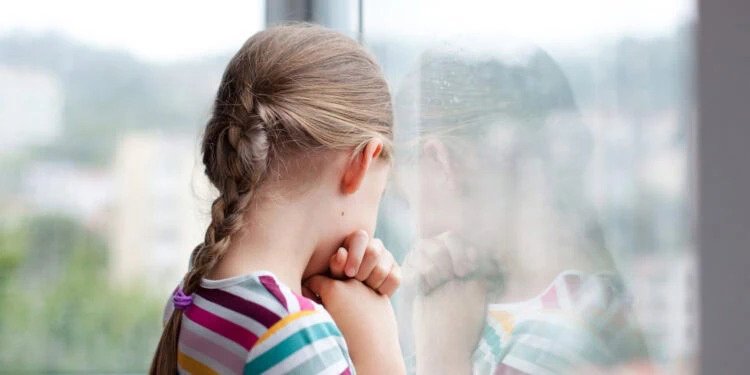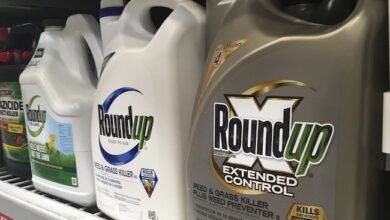Verbal Abuse in Childhood Linked to Changes in Brain Development, Anxiety, and Depression

Harsh words hurt. When directed at children, they don’t just sting in the moment, they can leave a lifelong impact.
A 2023 UK study of more than 20,500 adults found that 1 in 5 reported being verbally abused as children. Verbal abuse isn’t just a one-off moment of frustration. It’s a pattern of criticism, threats, rejection, or humiliation that makes a child feel belittled, blamed, scared, or ridiculed.
As a neuroscientist and CEO of the mental health charity Anna Freud, I’ve spent decades researching how adversity shapes the brain. We now know that emotional abuse, including hostile or demeaning language, can change the way a child’s brain develops.
What Happens in the Brain
Verbal abuse disrupts core brain systems. It overactivates the threat system, making children hyper-alert to danger, even in neutral situations. A joke, a look, or a passing comment can be misread as a threat.
It also dulls the brain’s reward system. Positive experiences, praise, warmth, and connection don’t register in the way they should. This impairs relationship-building, self-esteem, and the ability to trust.
These changes may help a child survive a hostile environment, but they come at a high cost. As adults, many struggle with anxiety, depression, substance use, and difficulty in forming secure relationships.
The Long Shadow
At Anna Freud, we’ve worked with countless young people haunted by the words they grew up hearing. The brain is wired to remember negative experiences, a survival mechanism. But those messages can shape a person’s identity and worldview for decades.
Prevention Is Possible
In April 2025, I joined other experts in the House of Commons to discuss the urgent need to prevent childhood verbal abuse. Despite its devastating effects, verbal abuse is often overlooked in public discourse and policy.
The Need for Change
Children still need boundaries, structure, and guidance. But they also need to feel valued, heard, and respected. Whether at home, in school, or in the community, the words we use with children must build them up, not tear them down.
Verbal abuse is not just hurtful. It’s harmful. And it is preventable.
Protecting children from verbal abuse is essential for healthy brain development and lifelong mental well-being. When we nurture with care and speak with respect, we don’t just change a child’s day, we change their life.
Let’s make sure every child grows up surrounded by words that lift them, not break them.





